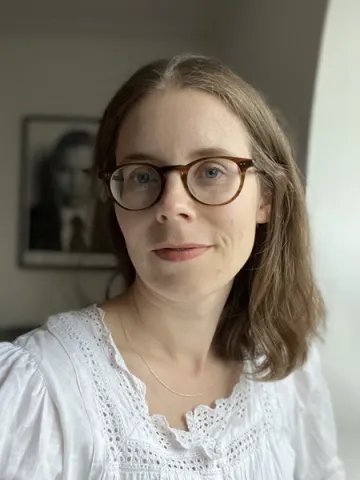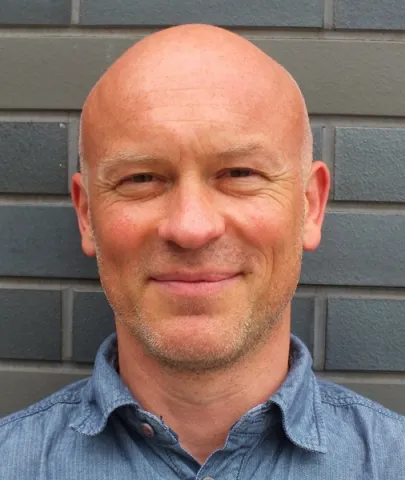Project overview
Fraud currently accounts for more than 40% of all UK crime and popular media has responded to its prevalence, with a growing number of television shows such as Fraud Squad and Scam Interceptors offering narratives that are designed to entertain and educate viewers on fraud’s potential dangers.
This interdisciplinary project combines methodologies from television studies, criminology, and decision sciences to examine true crime fraud narratives within the UK television landscape and begin to develop a knowledge exchange program on the impacts of these programmes. It will produce a taxonomy of true crime narratives about fraud on UK broadcast television within the last 20 years, that will start to map the wide range of television genres that have depicted fraud in this period and trace the types of fraud portrayed.
The project also studies the production context of certain key programmes, focusing on how producers, showrunners, commissioning editors and law enforcement involvement impact the representation of fraud. Overall, we seek to investigate the level of realism in televisual representations of fraud, posing questions about television’s ability to educate, prevent and disrupt in relation to this type of crime.
This interdisciplinary project combines methodologies from television studies, criminology, and decision sciences to examine true crime fraud narratives within the UK television landscape and begin to develop a knowledge exchange program on the impacts of these programmes. It will produce a taxonomy of true crime narratives about fraud on UK broadcast television within the last 20 years, that will start to map the wide range of television genres that have depicted fraud in this period and trace the types of fraud portrayed.
The project also studies the production context of certain key programmes, focusing on how producers, showrunners, commissioning editors and law enforcement involvement impact the representation of fraud. Overall, we seek to investigate the level of realism in televisual representations of fraud, posing questions about television’s ability to educate, prevent and disrupt in relation to this type of crime.

